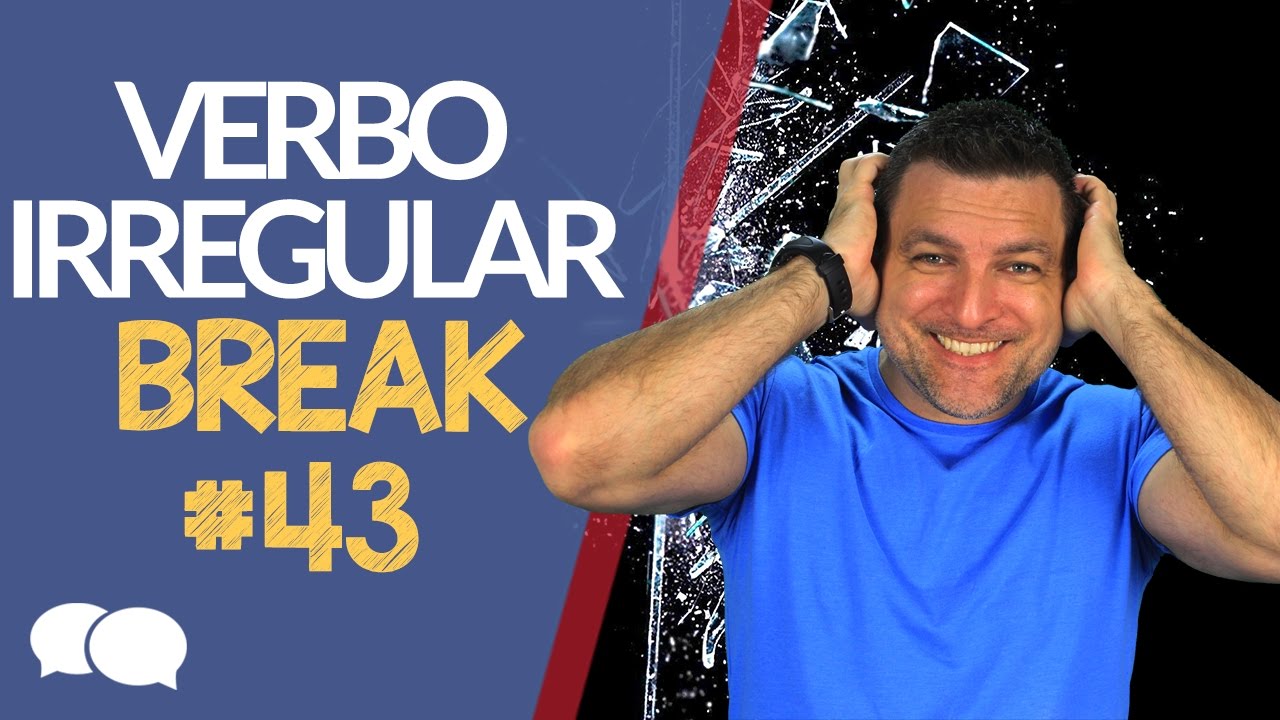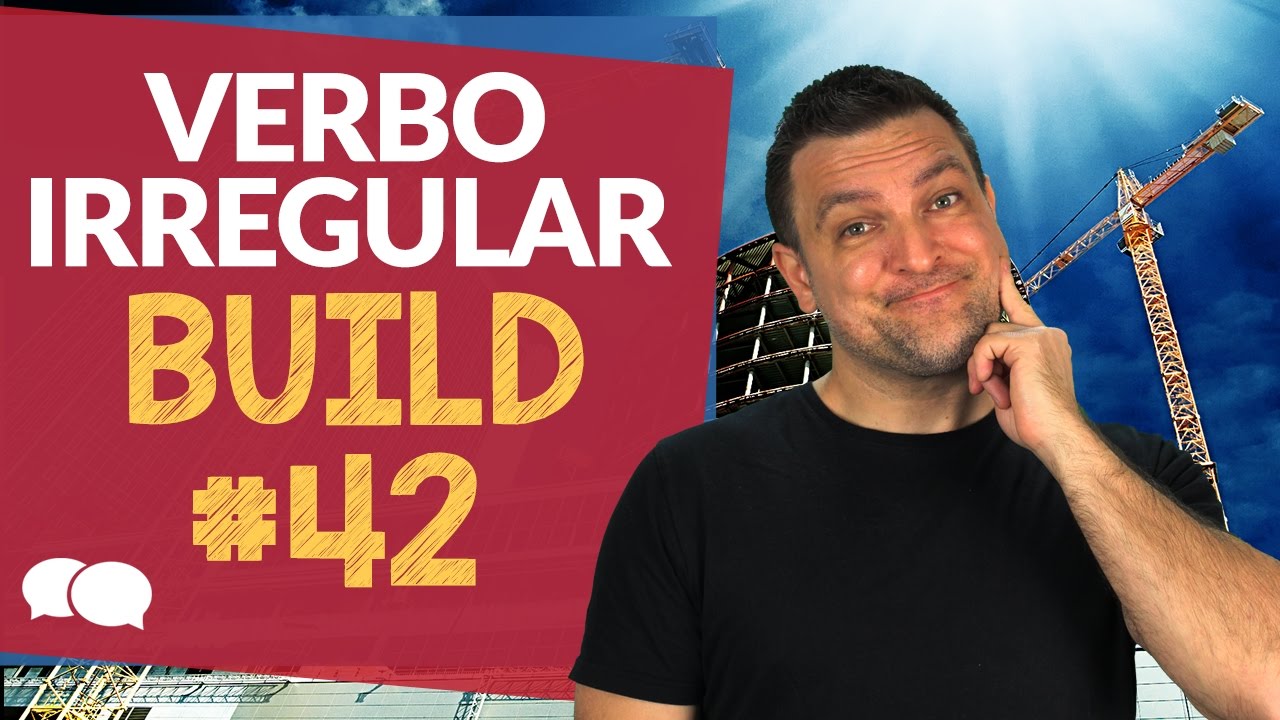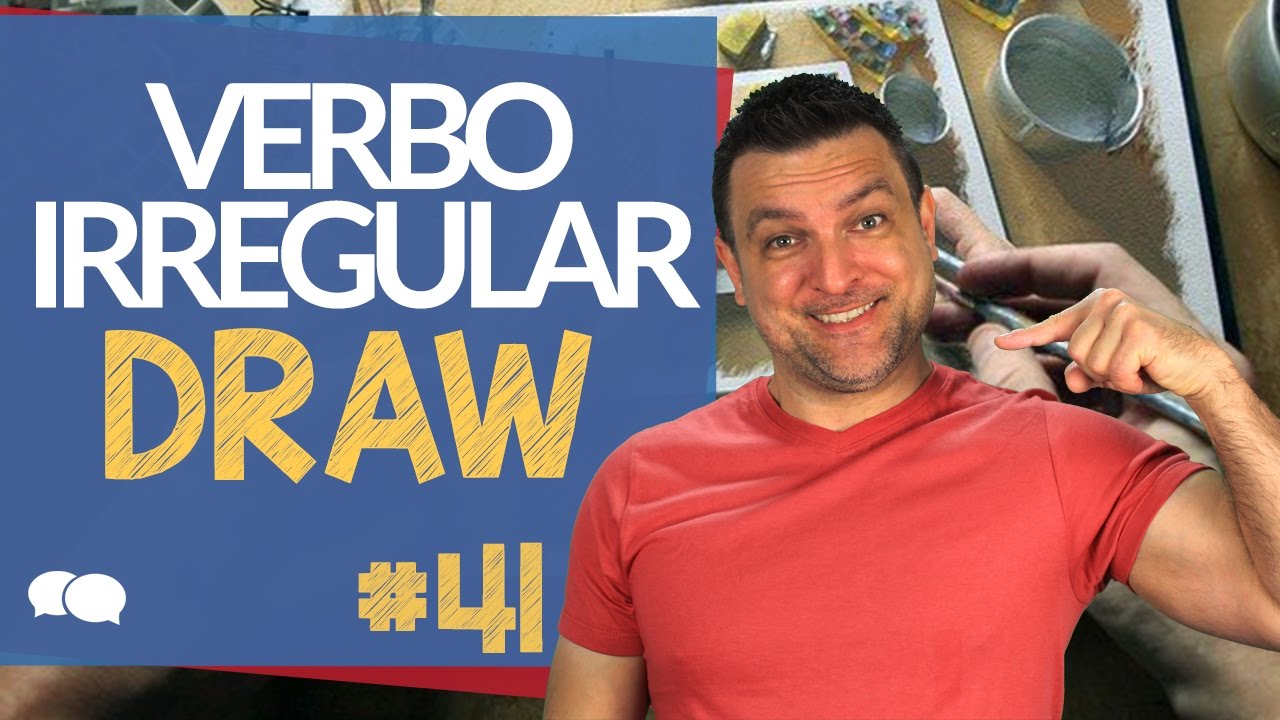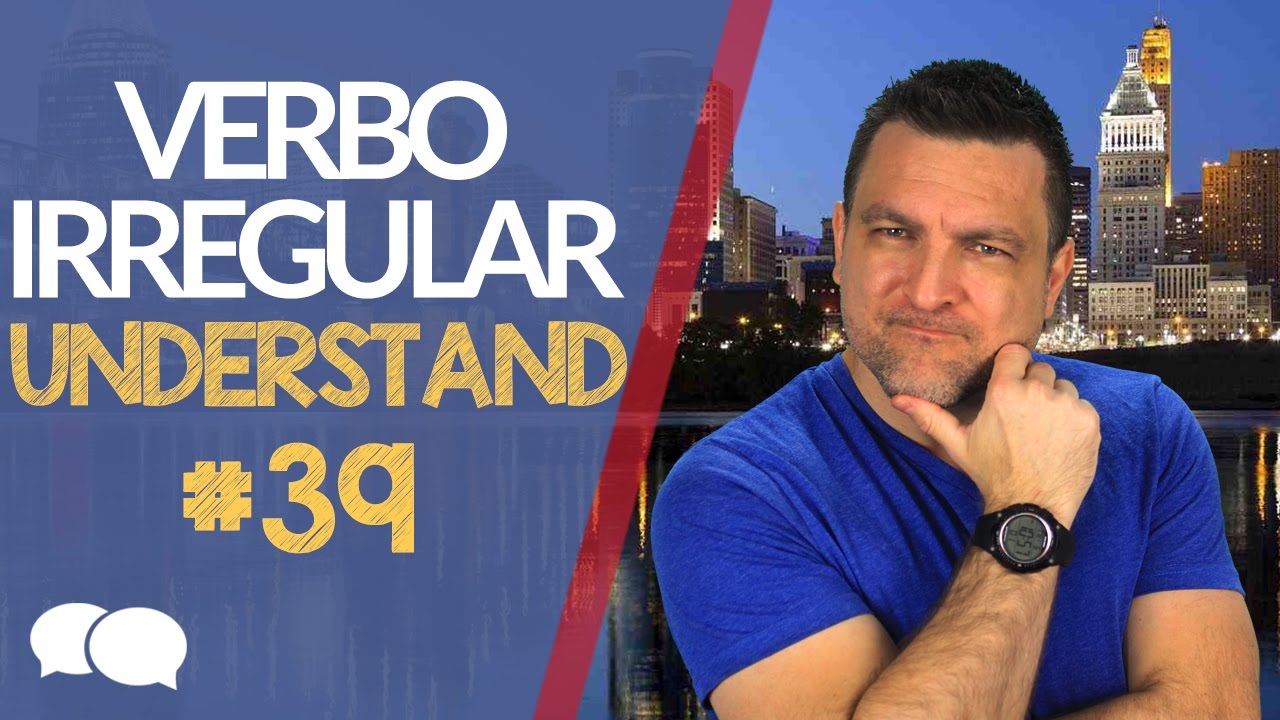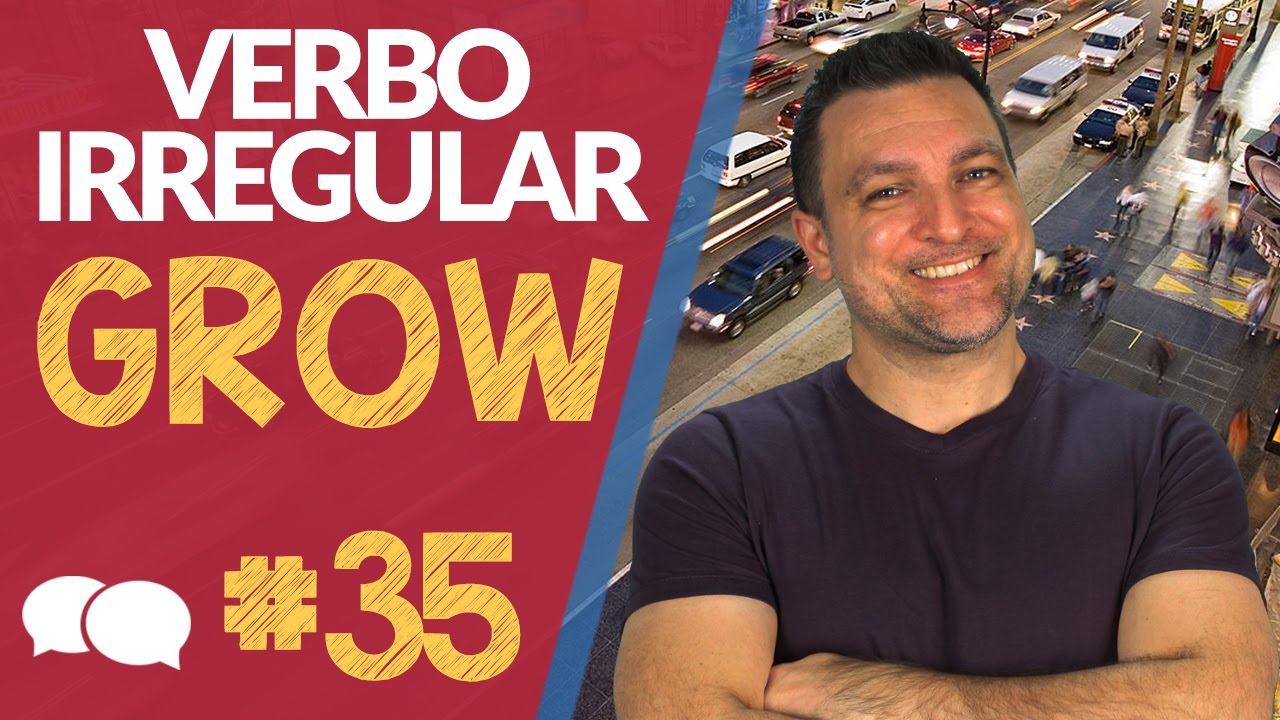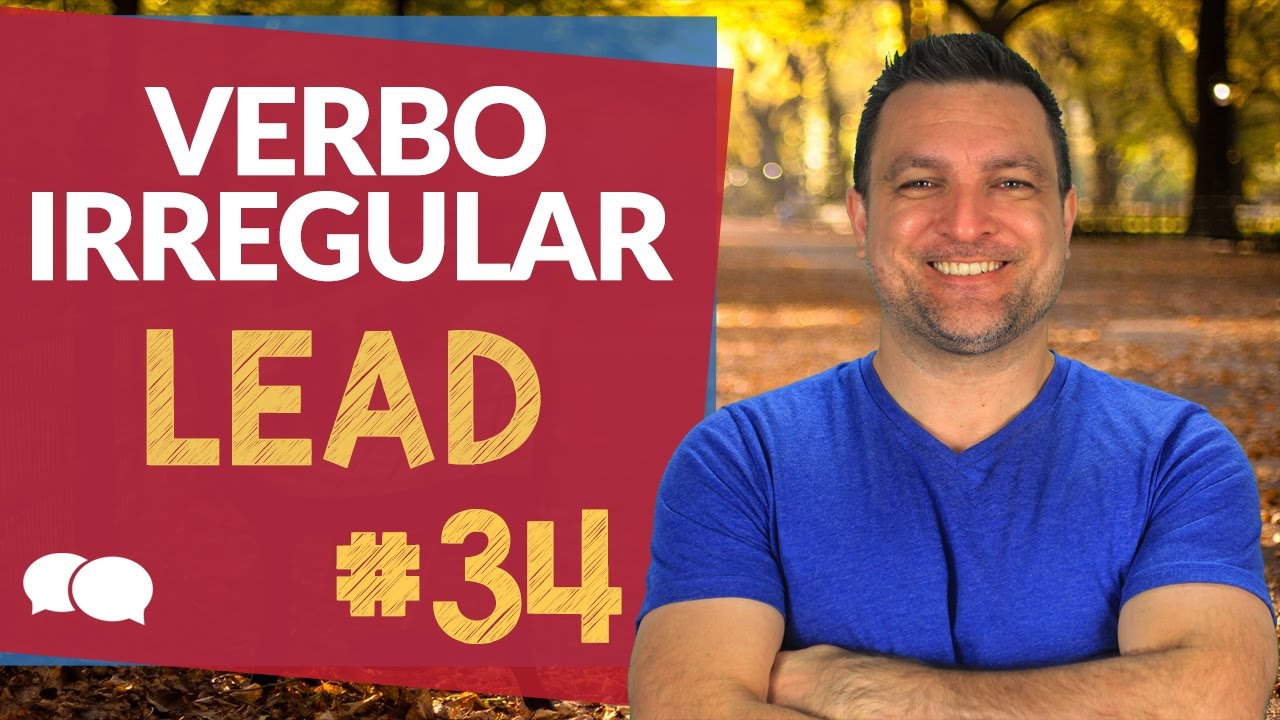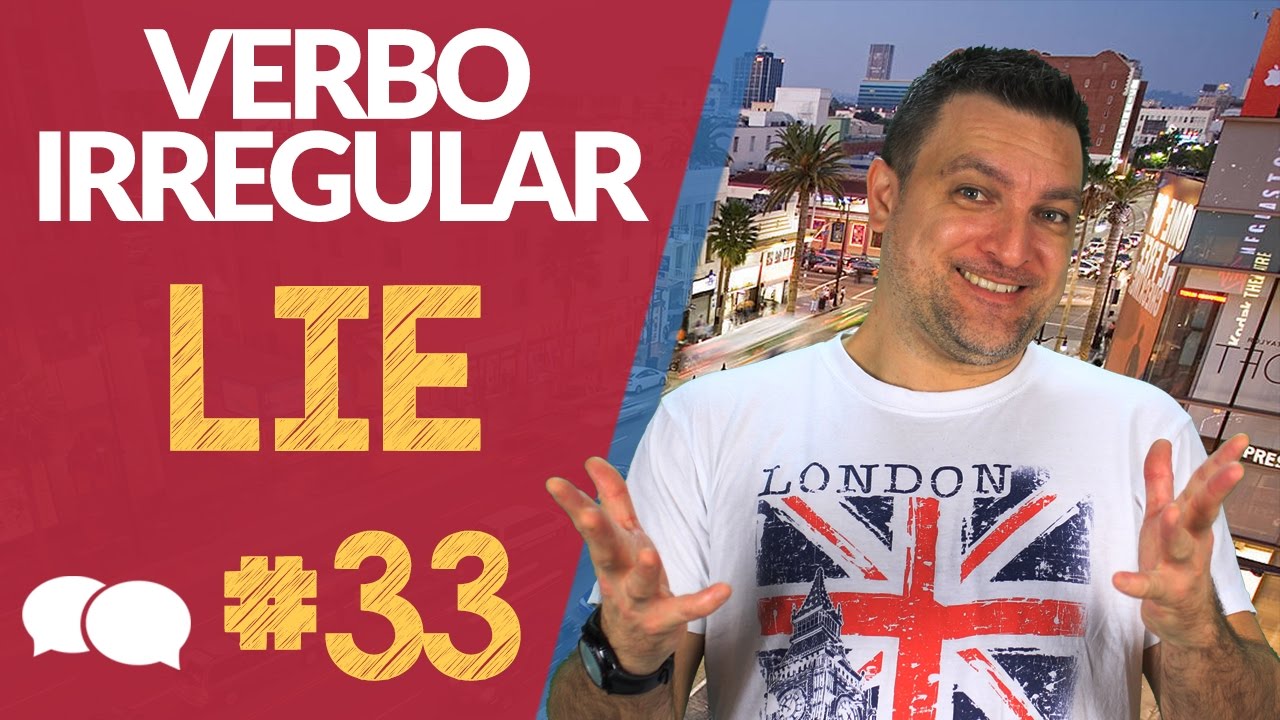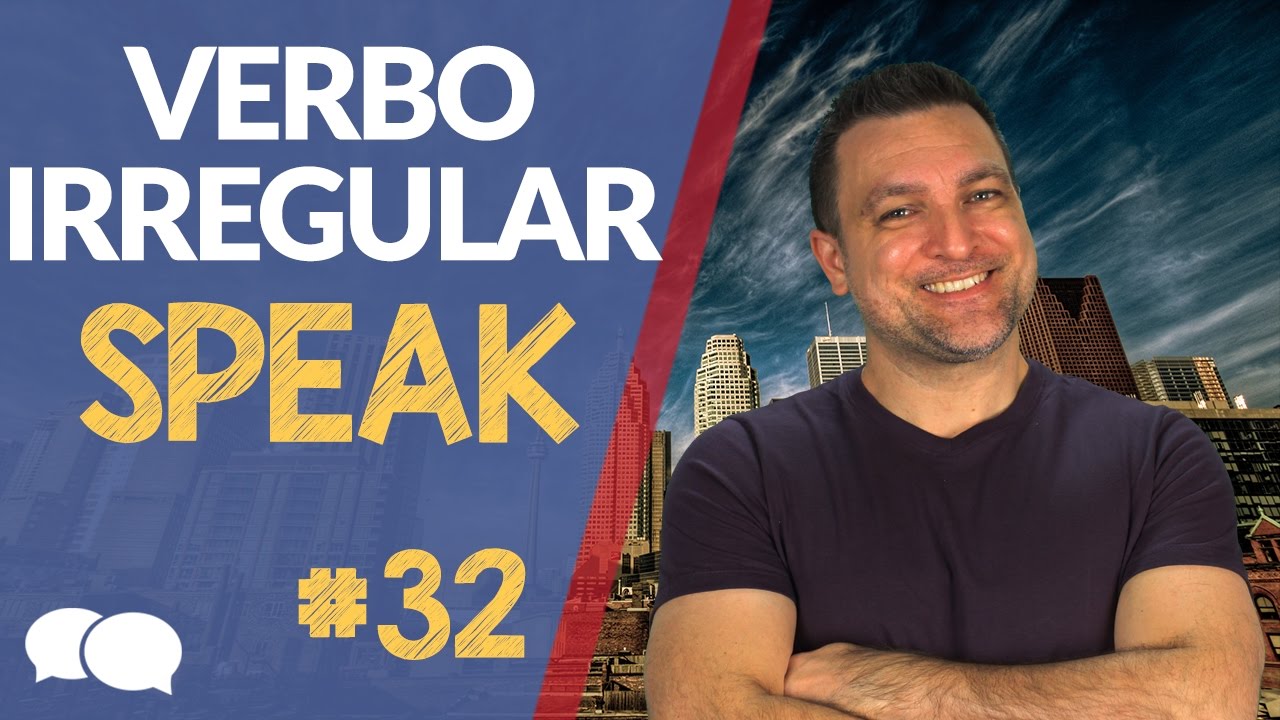Hello friends and welcome back to another post!
Desta vez veremos o verbo to break na nossa sequência de verbos irregulares. Confira como conjugar e alguns exemplos de uso. So, let’s get started!
Verbo To Break
Presente
Break — Quebrar
This action figure is made of vinyl, it can’t break. — Esta figurinha de ação é feito de vinil, não pode quebrar.
Passado
Broke — Quebrou, quebraram
The thief broke the car window and took my backpack. — O ladrão quebrou a janela do carro e levou minha mochila.
Particípio
Broken — Quebrado
My laptop has been broken twice. — Meu laptop foi quebrado duas vezes.
Amigos, ficamos por aqui hoje. Este foi o verbo to break. Confira também o verbo to build. Até a próxima!
TRANSCRIÇÃO DO VÍDEO
(O texto a seguir é uma transcrição completa e sem edições do vídeo.)
Hello and welcome to one more irregular verb of the day. The verb today is: break. Quebrar. Past. Broke. Quebrou. Participle. Broken. Quebrado. Let’s take a look at some examples. Number one. This action figure is made of vinyl, it can’t break. Esta figurinha de ação é feito de vinil, não pode quebrar. Number two. The thief broke the car window and took my backpack. O ladrão quebrou a janela do carro e levou minha mochila. Number three. My laptop has been broken twice. Meu laptop foi quebrado duas vezes. Reviewing. Break. Quebrar. Broke. Quebrou. Broken. Quebrado. Break. Broke. Broken. Thanks for watching, my friends, and as usual I’ll see you next class.
